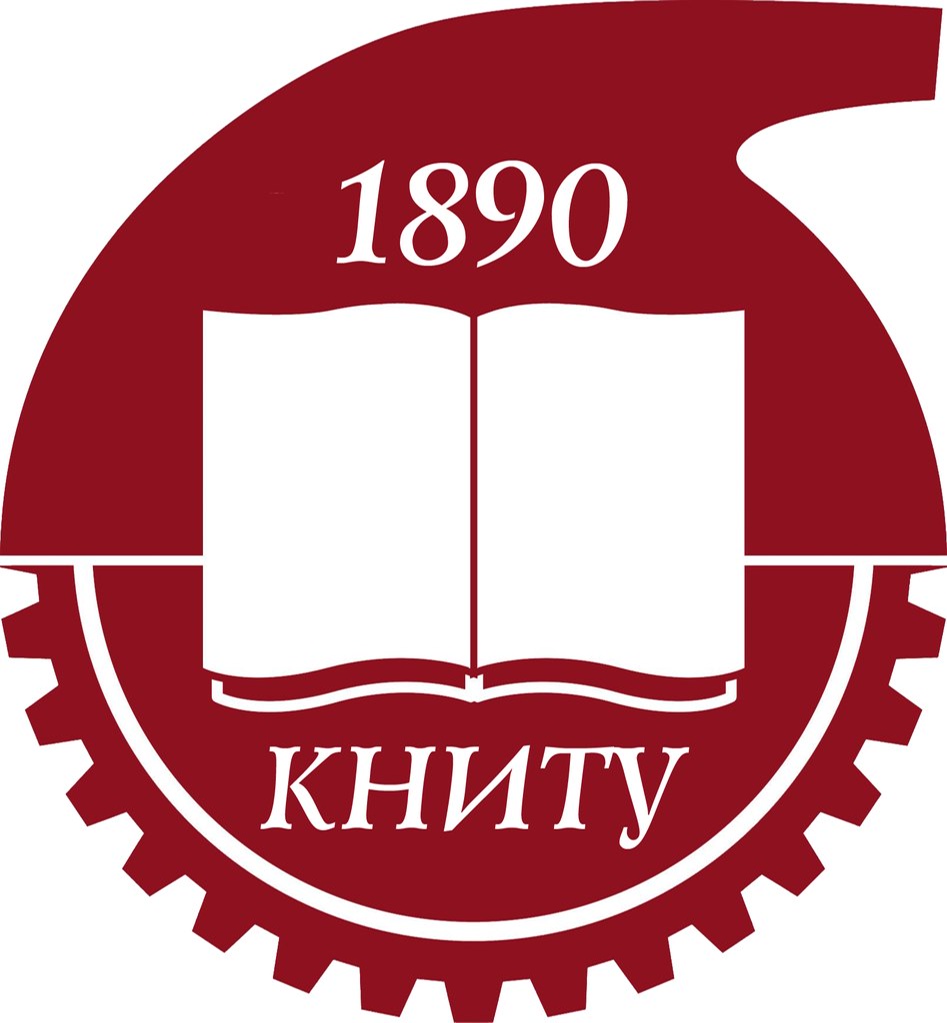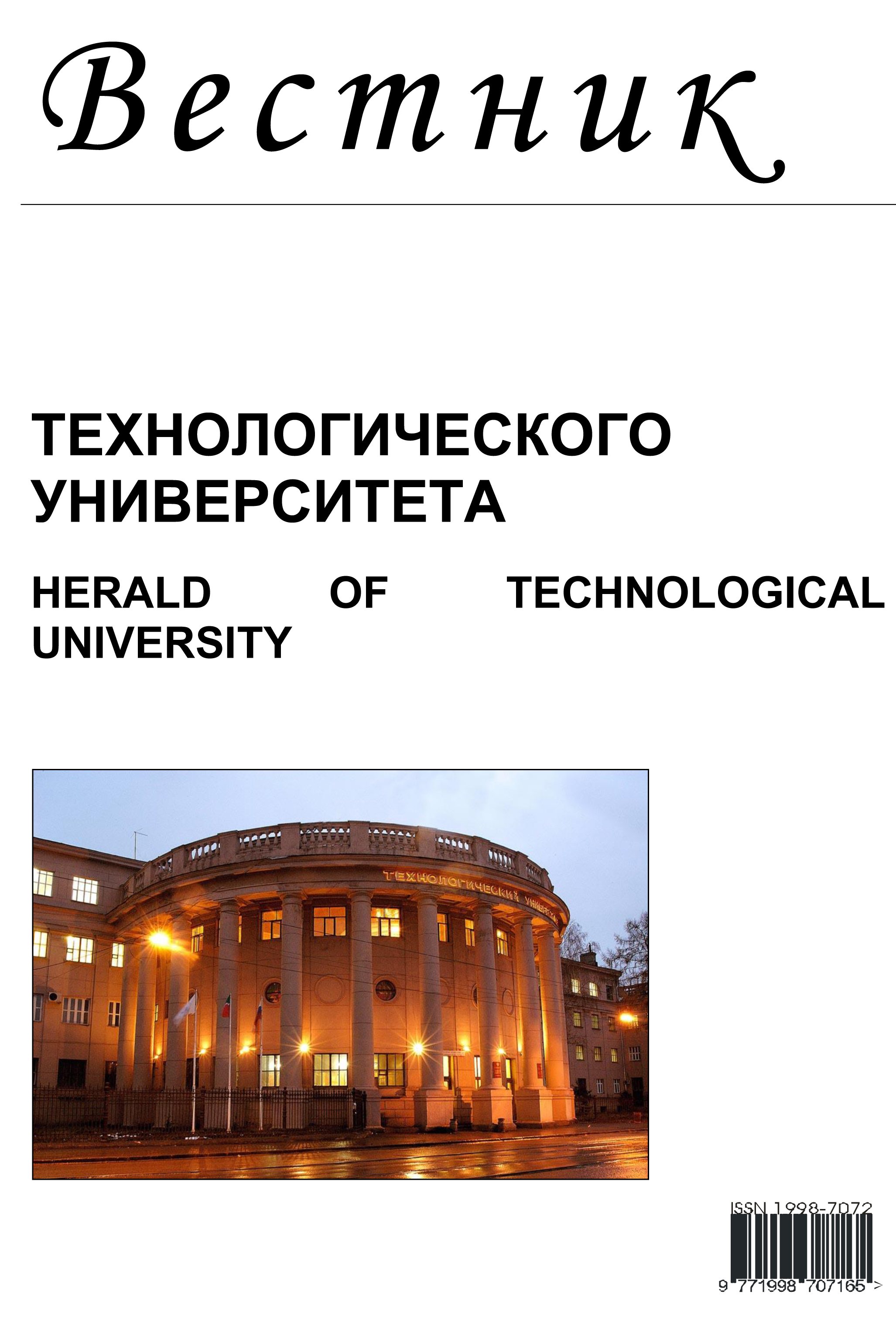student
student
employee
Kazan', Kazan, Russian Federation
The problem of synthesis of optimal recuperative heat exchange systems is considered, as well as advantages and disadvantages of modern methods of its solution. Formalized formulations of the components of optimization problems of a strict decomposition algorithm are given. The initial problem of discrete-continuous nonlinear mathematical programming is divided into a sequence of three local problems: linear programming to minimize the total reduced operating costs, mixed integer programming to minimize the number of heat exchange equipment, nonlinear programming to minimize the reduced capital costs by constructing a hypothetically generalized model of the heat exchange system. On the developed in the environment of the universal modelling package Aspen HYSYS rigorous computer models of the process units of hydrotreating of heavy gas oil of coking and hydrocracking are investigated sources and drains of heat energy. Based on the calculated parameters of hot and cold process streams, energy efficiency is assessed by pinch analysis and calculated energy saving potential indicators are presented. The obtained analysis results characterize the low energy efficiency of the investigated systems and are a prerequisite for solving the synthesis problem. Using a decomposition algorithm, the problem of designing optimal heat exchanger network of the investigated plants is solved. It is shown that the obtained solution significantly exceeds the existing variant of the heat exchange system organization by the criterion of total reduced capital and operating costs, which characterizes the high efficiency of the investigated method and the practical significance of the obtained results. The synthesized heat exchange systems allow to recover 99.2-99.8% of the maximum possible amount of heat energy, which also satisfies the energy criterion. In conclusion, the issues of further improvement of modern methods of synthesis of heat exchange systems and large-scale heat integration are discussed.
HYDROCRACKING, HYDROTREATING, HEAT INTEGRATION, SYSTEMS SYNTHESIS, PINCH ANALYSIS, SIMULATION, OPTIMIZATION, ENERGY SAVING, PROCESS SYSTEMS ENGINEERING









